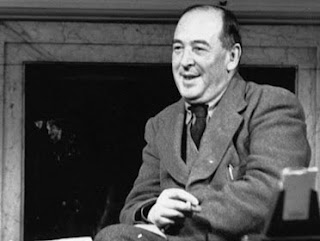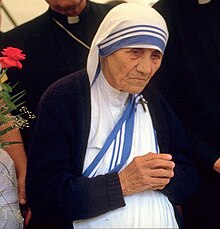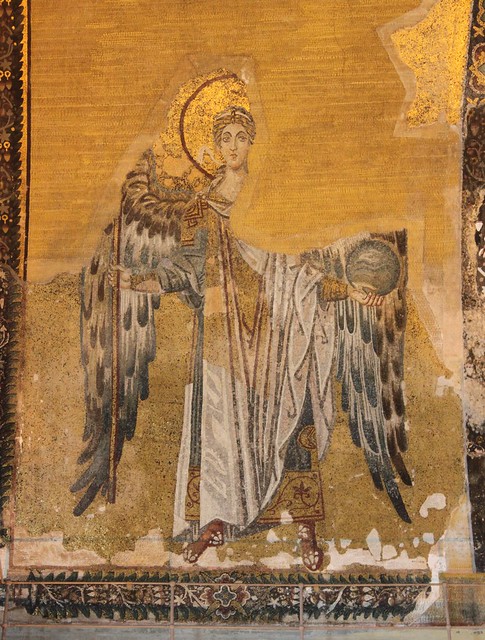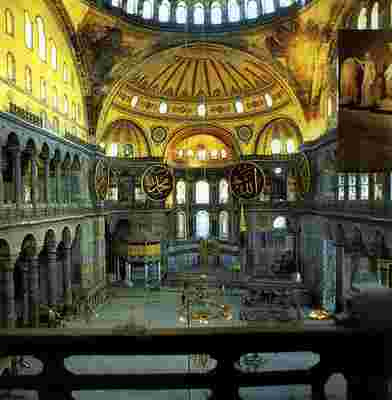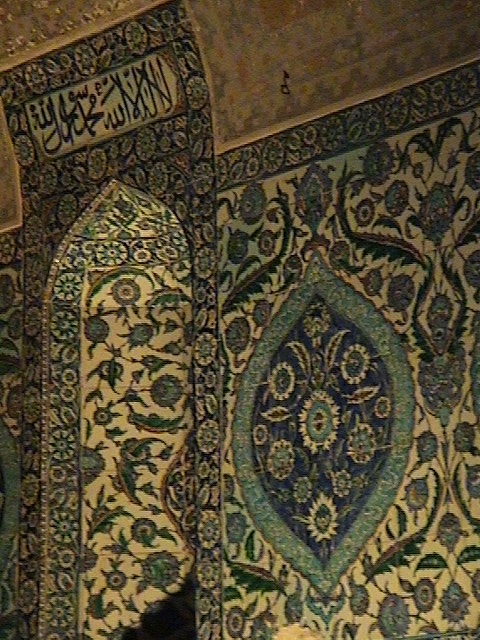John hears Jesus’s last words. He sees Jesus absolutely dead, blood and water issuing from his heart. He goes to bed, I imagine, shattered beyond grief—rent with the horror and guilt and unimaginable agony I would feel if I saw that happen to my husband or father or child. Talk of post-traumatic stress!
and increases the power of the weak.
30 Even youths grow tired and weary,
and young men stumble and fall;
31 but those who hope in the LORD
will renew their strength.
They will soar on wings like eagles;
they will run and not grow weary,
they will walk and not be faint. (Isaiah 40)
In which areas do you find faith easy–or hard? What are your limps and thorns?



